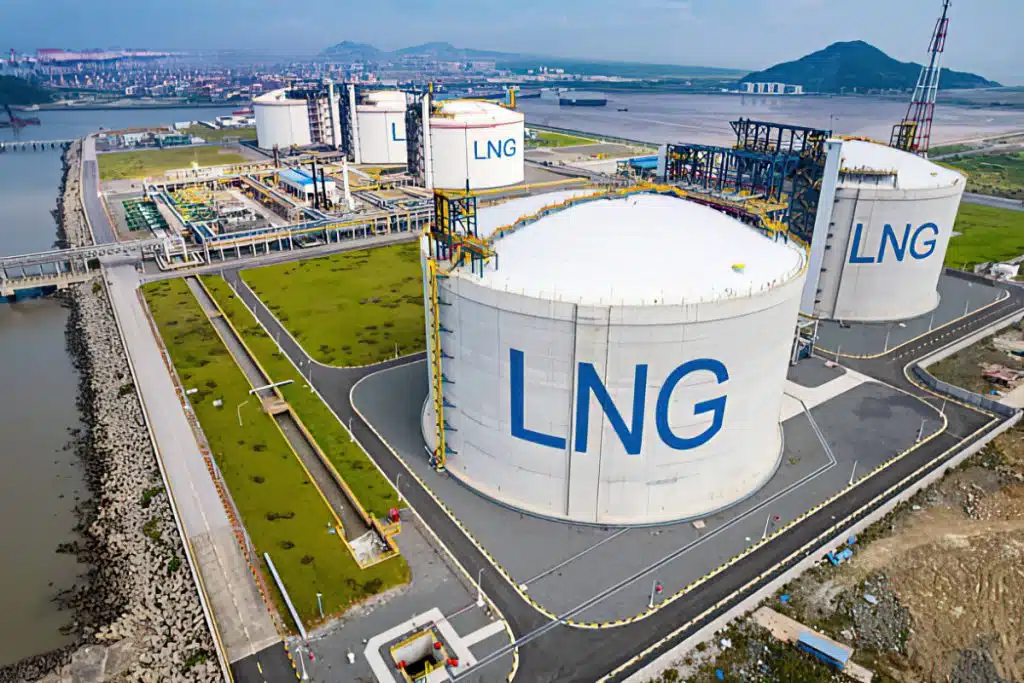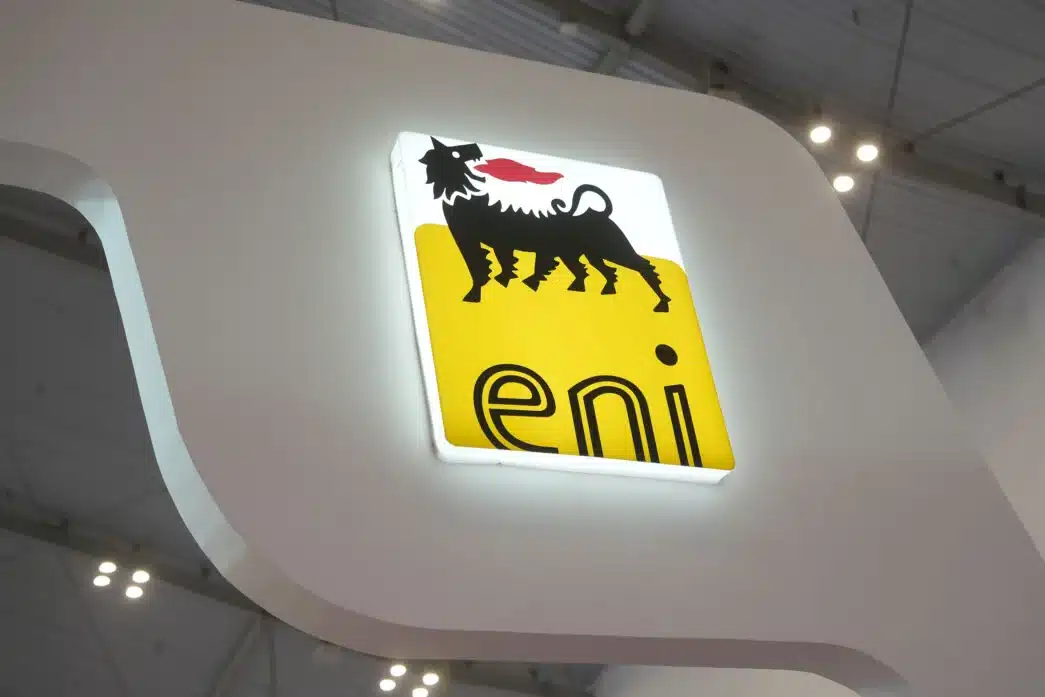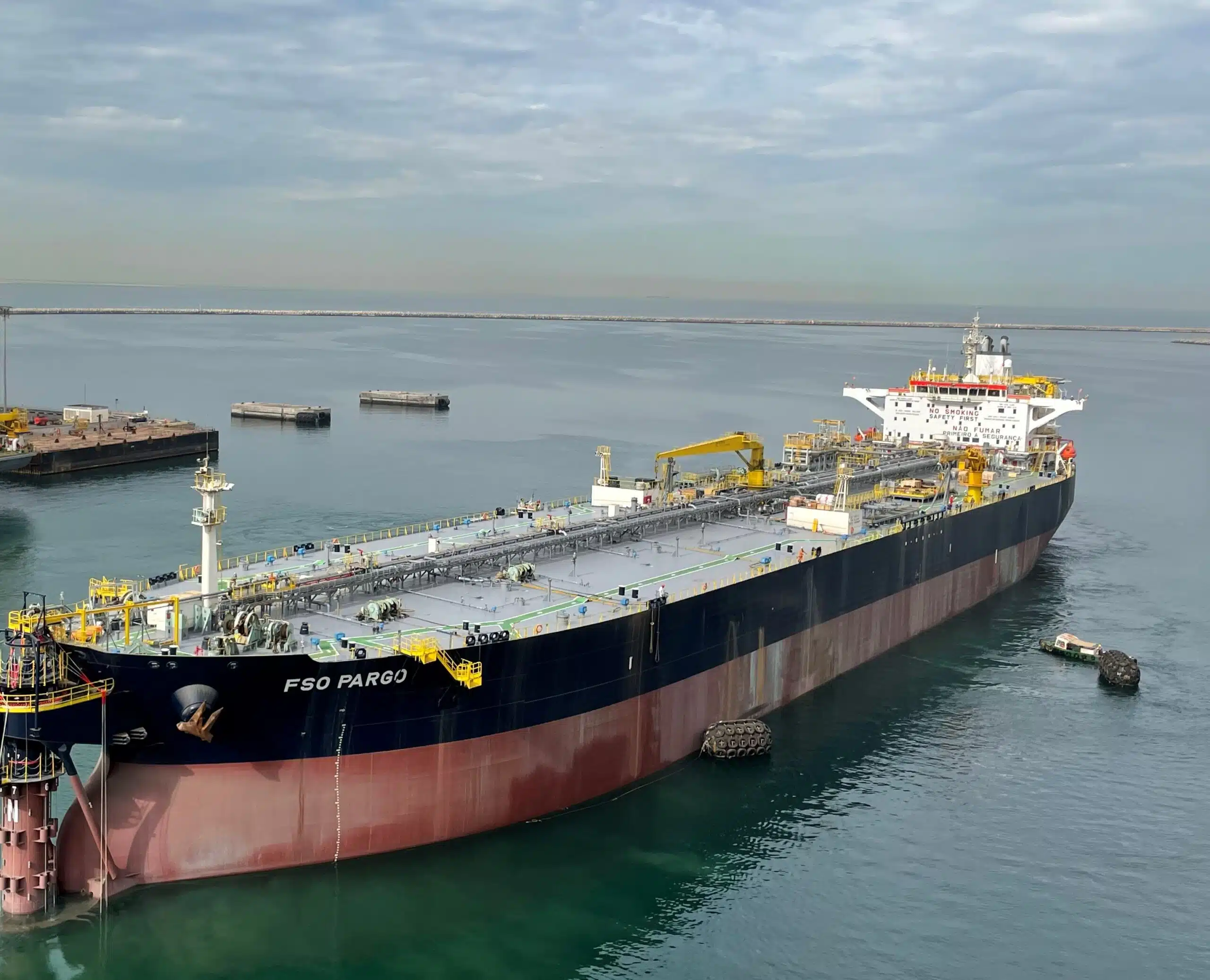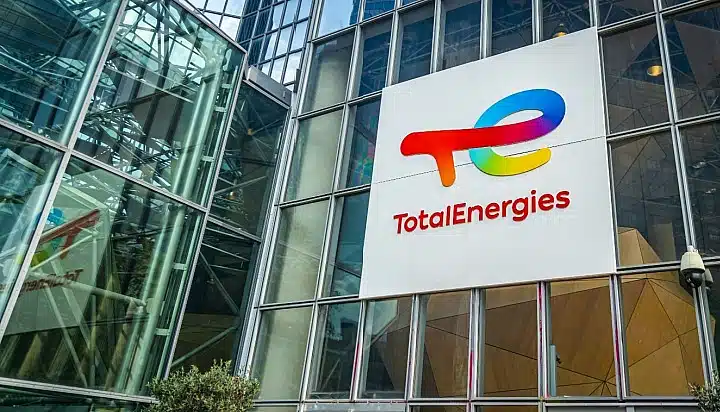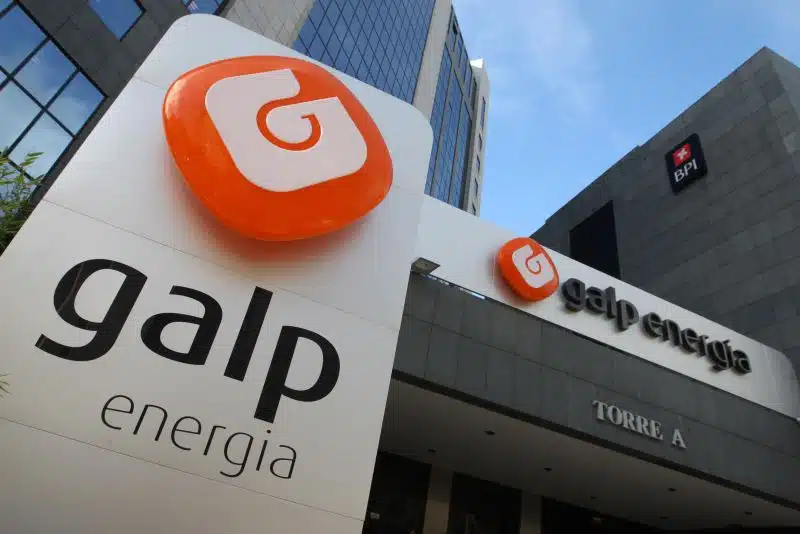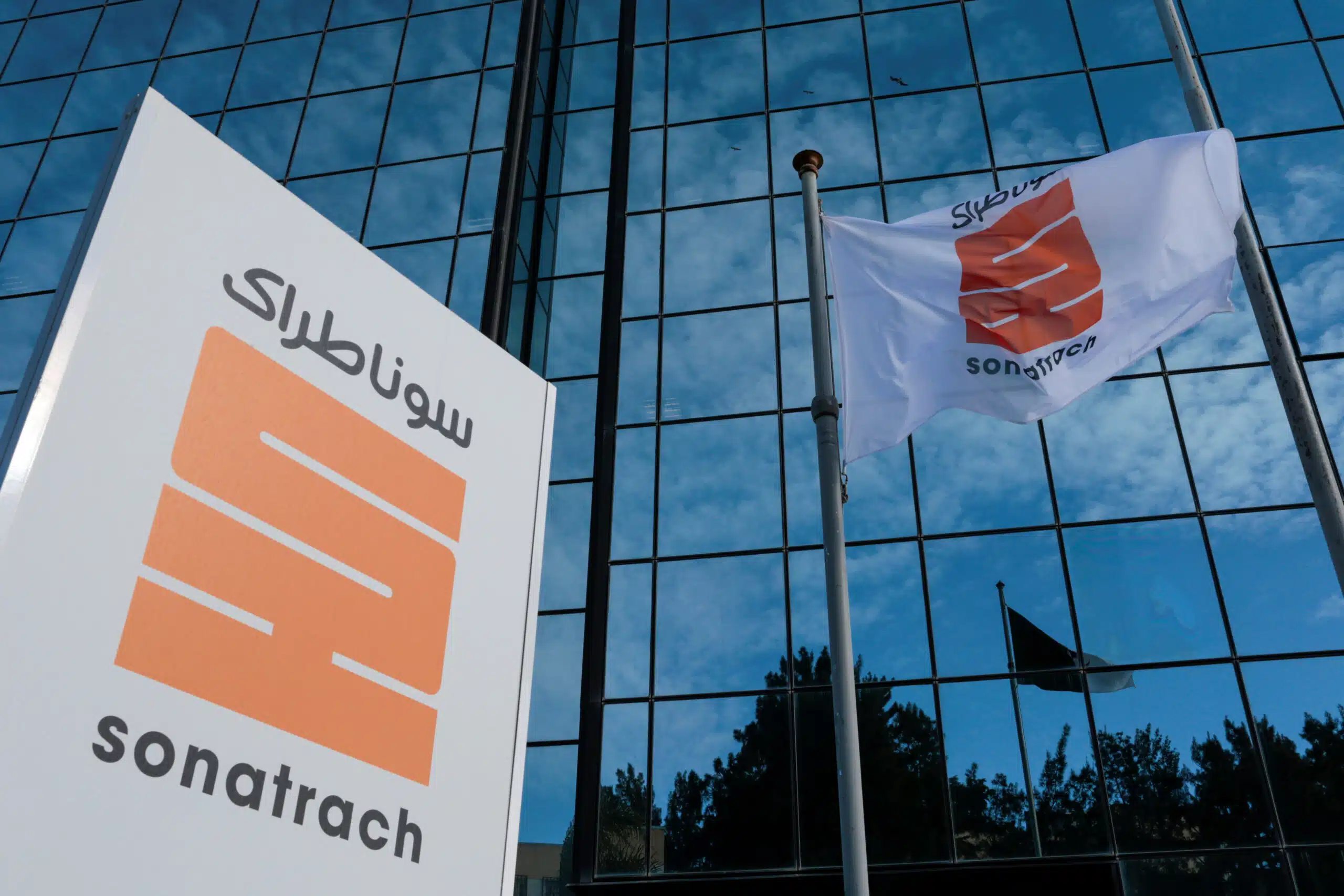Mozambique has generated over $206 million from its first offshore liquefied natural gas (LNG) project in the Rovuma basin, signaling the country’s growing role in the global energy market.
The deepwater Coral Sul floating platform, located off the coast of Cabo Delgado, began production in November 2022.
The figure was disclosed by Mozambique’s Minister of Mineral Resources and Energy, Estêvão Pale, following a recent visit to the Coral Sul facility, which is located over 60 kilometres offshore in Area 4 of the Rovuma basin.
The project, operated by Mozambique Rovuma Venture (MRV) a consortium comprising Eni, ExxonMobil and China National Petroleum Corporation (CNPC) has seen 104 LNG shipments since production started. MRV holds a 70% stake in the Area 4 Exploration and Production Concession Agreement.
“Coral Sul is proof that Mozambique can manage large scale LNG developments,” Pale said. “We believe this success can attract more similar investments to the country.”
According to official figures, the $206 million in revenue includes $65 million in oil production taxes, $134 million from profit oil, and $7 million in production bonuses.
Pale stated that the government expects annual revenues of up to $1.3 billion from the project in the coming years.
In addition to revenue, the LNG platform has created 1,337 local jobs, mostly for young Mozambicans.
The government also reported that around $819 million has been spent on local companies, with a further $19 million directed towards social responsibility initiatives.
“I see that all the young people working here are very motivated and learning fast,” Pale noted. “The project is already a success.”
On January 16, Eni’s chief executive officer, Claudio Descalzi, wrote to Mozambique’s President, Daniel Chapo, pledging to expand operations in the country and describing the Coral Sul project as a model for future development.
In the letter, Descalzi congratulated Chapo on his election and mentioned Eni’s intention to “strengthen collaboration” and support Mozambique’s emergence as a global gas exporter.
In April, the Mozambican government approved a new $7.2 billion investment for the Coral Norte project, the second floating LNG facility in the area, with production expected to begin by the second quarter of 2028.
The new unit will include six production wells and a processing capacity of 3.55 million tonnes per year.
A 2024 study by Deloitte projects that Mozambique’s LNG reserves could yield potential revenues of up to $100 billion, underlining the country’s importance in the global energy transition.
Mozambique currently has three approved development projects for natural gas exploration in the Rovuma basin, considered one of the largest untapped reserves in the world.

